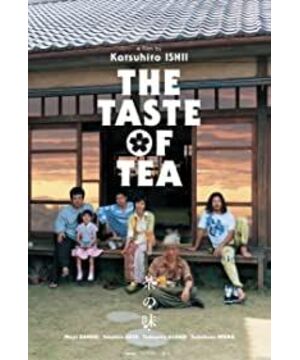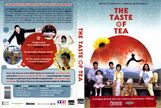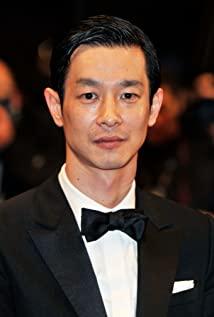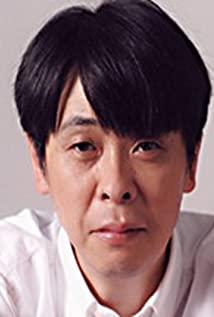The director's plot to emphasize family relationships can be recognized in this film. Through out the process of the film, it seemed that the family members were only into their own worlds and there were no obvious intersections between each others: Yoshiko (mother) was busy of making her return to an animation career; Hajime (son) was falling in love with Tsuchiya; Sachiko (daughter)'s attention was on her back flip practices; however, in the end, when the director's message was released, we saw the impacts that these individual family members had made to each other: the eccentric grandpa inspired Yoshiko's creation of animation; uncle's help made grandpa's dream of singing came true; last not the least, the art album that grandpa produced for the whole members – they might not look like a close family, but likewise every family,they truly cared and tried to encourage each other from the bottom of the heart.
Individualism is another terminology that the director used in the making of this film. Characters in The Taste of Tea were living in the north of Tokyo, mainly having a life that was very different from the life style of city people, therefore, it is arguable to say their lives were a little boring. Despite this, Ishill let everybody show plenty of individualism which defined a crucial capitalism value – even the lest recognizable individual shins. The behaviours of grandpa might be very unreasonable, but he used those inspirations in his music video; the two guys wore wired animation outfits in the train; the baseball played who were training besides the river; the director operated numerous of little stories which might not make significant sense at explaining the story line, nevertheless,it is clear enough that a plot was used by Ishill to identify the simple value and worthiness of a human being.
The editing style in The Taste of Tea is something worth paying attention to. The editor did not do a job of cutting scenes tidy and frequently. In fact, abundant of long scenes appeared in the film to define a notion of the peaceful lives lived by the family and many others in the film. The most noticeable one in this category was the scene that the family was sitting in the living room and drinking teas, which occurred several times. Also, the similar editing style was shown in the scene that Hajime and Tsuchiya were playing chests (that scene lasted more than 2 minutes). I would put this film to the category of light comedy, where not many apparent “fun” scenes were found, but its funniness did offer somewhat philosophies. To me, The Taste of Tea was making a sound saying, life is just like the taste of the tea,which we are able to find in every corner of the world.
View more about Cha no aji reviews











